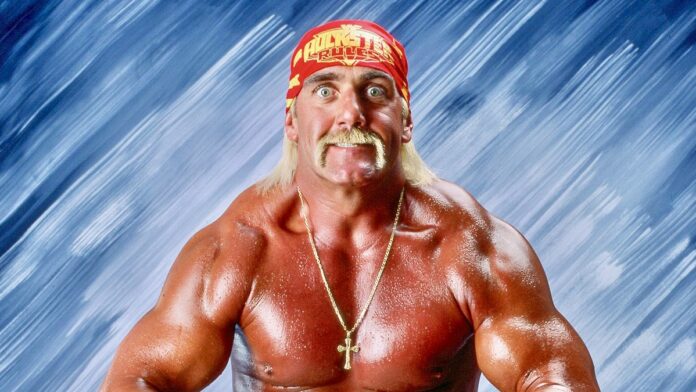Professional wrestling icon Hulk Hogan has died at age 71 following a cardiac arrest at his Clearwater, Florida home early Thursday morning, according to TMZ Sports.
Emergency medics were dispatched to the WWE legend’s residence with operators confirming the call was regarding a “cardiac arrest.” Multiple police cars and EMTs were reportedly stationed outside Hogan’s home, with the wrestling icon being carried on a stretcher into an ambulance.
Recent Health Struggles
The news comes just weeks after Hogan’s wife Sky publicly denied rumors that the wrestling legend was in a coma, stating his heart was “strong” as he recovered from recent surgeries. Hogan had undergone a neck procedure in May 2025, with previous reports suggesting he was dealing with post-surgical complications rather than life-threatening conditions.
Last month, rumors circulated about Hogan being on his “deathbed,” but sources close to the family indicated he was simply managing symptoms from his neck surgery recovery.
The Man Who Transformed Wrestling
Terry Gene Bollea, better known as Hulk Hogan, revolutionized professional wrestling by transforming it from a niche entertainment form into mainstream family sport. Before Hogan’s rise to prominence, wrestling catered to a relatively narrow audience. His theatrical persona and magnetic ring presence attracted children and their parents alike, supercharging the sport’s popularity throughout the 1980s and beyond.
Hogan’s impact on wrestling culture cannot be overstated. His trademark yellow and red attire, handlebar mustache, and catchphrases like “Whatcha gonna do, brother?” became synonymous with professional wrestling’s golden era.
From Hero to Hollywood Villain
In 1996, Hogan shocked the wrestling world by transforming from beloved hero to despised villain, creating the New World Order (NWO) and becoming “Hollywood” Hulk Hogan. This character reinvention propelled both Hogan and professional wrestling to even greater heights of fame and cultural relevance.
The NWO storyline became one of wrestling’s most successful angles, helping to launch the “Monday Night Wars” between WWE and WCW that defined late 1990s wrestling entertainment.
Hall of Fame Legacy
Hogan’s wrestling career was recognized with his induction into the WWE Hall of Fame in 2005. However, his career faced controversy when he was removed from the Hall of Fame in 2015 following the emergence of racist comments made during a secretly recorded encounter. The incident led to a successful lawsuit against Gawker Media.
WWE reinstated Hogan to the Hall of Fame in 2020, this time as a member of the NWO, acknowledging both his individual contributions and his role in one of wrestling’s most influential storylines.
Beyond the Ring
Hogan’s influence extended far beyond professional wrestling. His movie career began in 1982 with a memorable role as Thunderlips in “Rocky III,” leading to starring roles in films like “No Holds Barred,” “Suburban Commando,” and “Mr. Nanny.”
Television audiences knew him through the hit VH1 reality series “Hogan Knows Best,” which featured his family life with then-wife Linda and children Nick and Brooke, bringing the wrestling legend into American living rooms in an entirely different context.
A Wrestling Revolution
Hulk Hogan’s death marks the end of an era for professional wrestling. His ability to connect with audiences across generational lines helped establish wrestling as a legitimate form of mainstream entertainment. From headlining the first WrestleMania to his recent appearances promoting his Real American Beer brand, Hogan remained a central figure in wrestling culture for over four decades.
The wrestling community and fans worldwide are now mourning the loss of a true icon who helped shape the industry into what it is today. Hogan’s legacy as the man who brought professional wrestling to the masses will undoubtedly endure long after his passing.

